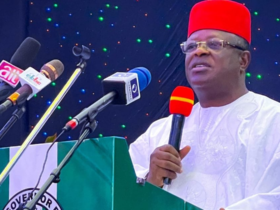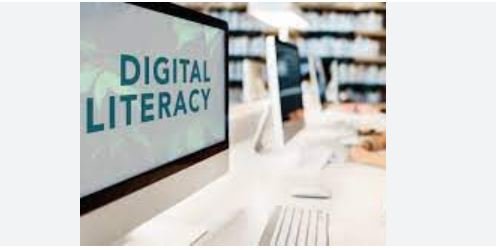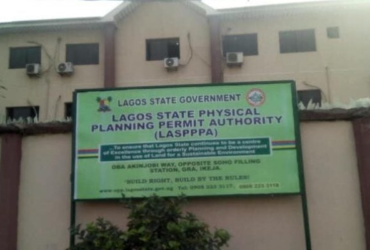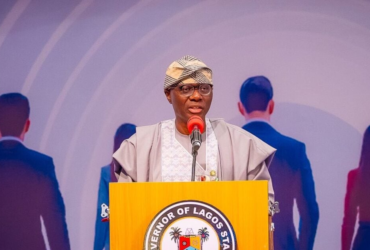In the evolving landscape of work and life, the fusion of technology and digitization is driving the need for advanced skills and digital literacy. This transformation is reshaping business models, creating job prospects, and fueling economic advancement. Projections indicate that a significant portion of new value generated in the next decade will stem from digitally-driven enterprises, emphasizing the importance of leveraging digital tools for enhanced productivity, efficiency, and innovation across various industries.
Nigeria stands to benefit from the ongoing digitization wave, presenting opportunities for job growth and the emergence of new sectors. Fintech, e-commerce, and digital health are witnessing substantial growth, with companies like Flutterwave and Paystack revolutionizing financial services in the country. Reports suggest a promising outlook for Africa’s financial services market, with Nigeria’s fintech industry anticipated to play a significant role in this expansion.
To seize the potential offered by digitization, Nigeria must prioritize enhancing digital literacy and cultivating high-value skills among its workforce. The increasing internet connectivity underscores the importance of ensuring digital literacy, especially among the youth, to fully exploit the advantages of digital technologies. However, disparities in internet access, particularly between genders, highlight the need to address these gaps to realize Nigeria’s digital potential and promote inclusive growth.
Efforts to bridge the digital divide and promote digital literacy require a coordinated approach involving key stakeholders such as Development Finance Institutions, government bodies, and private organizations. A unified strategy, as exemplified by the Bank of Industry (BOI), can amplify the impact of initiatives and propel Nigeria towards becoming a digital economy powerhouse. The BOI’s commitment to fostering digital literacy underscores the importance of a digitally skilled workforce in driving sustainable development and economic growth.
By focusing on thematic groups like youth and skills, gender, digital initiatives, MSMEs, climate finance, and infrastructure, the BOI aims to deliver targeted solutions tailored to specific sectors, promoting equitable and inclusive development. Embracing the potential of a digitally literate economy could significantly boost Nigeria’s growth trajectory, creating new job opportunities, generating additional tax revenue, and contributing to sustainable development.
In conclusion, fostering technology inclusivity and equipping the youth with essential digital skills are crucial steps towards realizing Nigeria’s digital potential and driving sustainable development. Initiatives like the masterclass session organized by the Bank of Industry provide a platform for empowering young individuals and nurturing future digital leaders, aligning with the vision of a digitally empowered future.














Leave a Reply